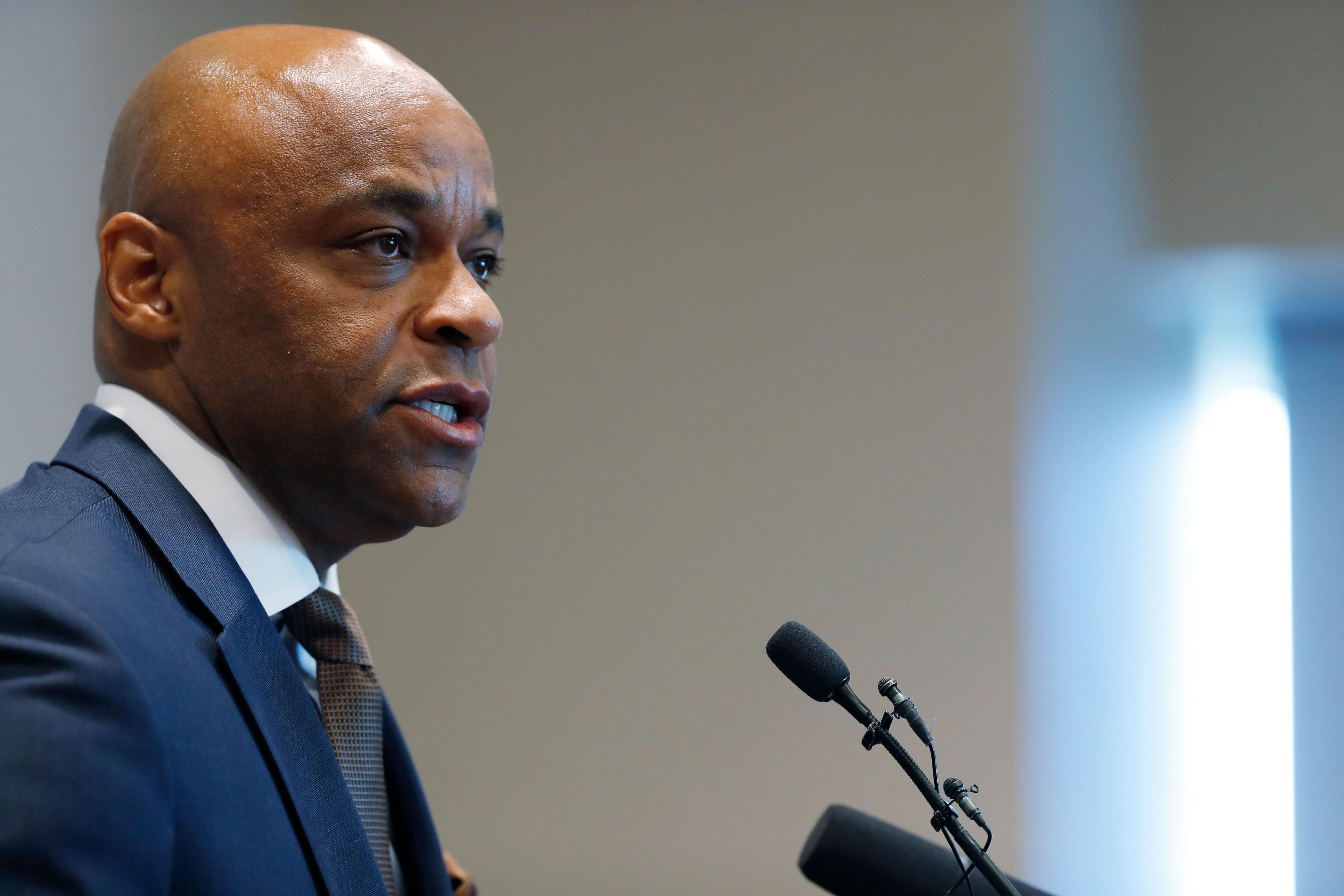

A simplified program will make it easier for thousands of people to seek the elimination of low-level marijuana convictions they received in Denver before recreational use became legal in Colorado, officials said Wednesday.
Denver's District Attorney will offer an online guide and in-person clinics to help people fill out the required form.
The "Turn Over A New Leaf" program follows Mayor Hancock's December announcement to deal with some pre-legalization marijuana records.
Based on a review of digitized court records between 2001 and 2013, Denver officials estimate 10,000 convictions could be eligible. Any marijuana offense based on conduct now legal under current Colorado law qualifies, including possession of less than one ounce of marijuana and offenses involving hemp, marijuana paraphernalia or marijuana-infused products.
Once officials determine a case qualifies, lawyers from the Denver City Attorney's office or Denver District Attorney's office will write a motion to vacate the prior conviction and file that motion in court. A state judge will rule on the case without a hearing.
If the judge grants the motion, the applicant's conviction will be expunged, the charges dismissed and the case sealed.
Officials will also follow up with state agencies to make sure records used during background checks have been altered so the convictions no longer appear.
The city anticipates most cases will be decided within a few weeks.
Most people will not be required to pay anything to have their convictions eliminated. Marijuana Industry Group, which represents growers, sellers and other sector businesses, is helping to cover court fees.
"This is about equity for our communities of color and individuals who were disproportionately impacted by low-level marijuana convictions that are no longer crimes in Colorado," Mayor Michael Hancock said in a statement.
Colorado was among the first states to broadly allow the sale and adult use of marijuana in 2014, but cities elsewhere have led the way on automatic expungement of past convictions. Seattle, San Francisco and some prosecutors in New York City last year rolled out programs to throw out hundreds of marijuana convictions, saying now-legal activity should not bar people from getting jobs or finding housing.
States also have sought solutions to the problem. Washington state's governor announced this month that he would pardon thousands of people convicted of marijuana possession, and Michigan's governor has said she would consider a similar approach.
California has a new law requiring the state Department of Justice to provide lists of marijuana convictions eligible for erasure or reduction to local prosecutors.
Colorado currently allows people to petition courts to remove marijuana offenses, including possession, from their records. Advocates have criticized that approach because it puts the onus on individuals with convictions and can become expensive and time consuming.
Denver officials said Colorado's law doesn't allow them to take the kind of sweeping action used in other cities. So they said they decided to make the state's process of petitioning courts easier for people who want to eliminate convictions they received in Denver.
The application form is provided in both English and Spanish. Program officials encourage people with immigration concerns to attend a clinic. They say volunteer immigration attorneys will be on site.
The first clinic will be held Saturday, Feb. 9, ,2019 from 9 a.m. to 1 p.m. at the Denver Conflict Center. The program requires clinic participants to provide government-issued photo identification, such as a driver's license, state-issued ID card or U.S. passport.
The Associated Press contributed to this report.









